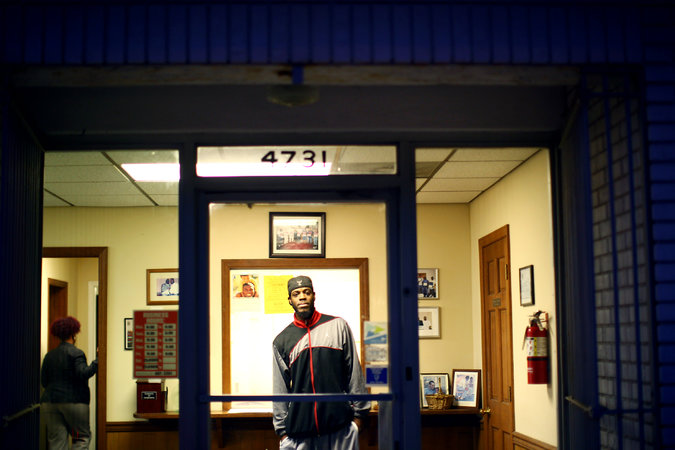An excerpt from HERE: http://www.nytimes.com/2015/04/20/us/skip-child-support-go-to-jail-lose-job-repeat.html?smid=fb-share
There is no national count of how many parents are incarcerated for failure to pay child support, and enforcement tactics vary from state to state, as do policies such as whether parents facing jail are given court-appointed lawyers. But in 2009, a survey in South Carolina found that one in eight inmates had been jailed for failure to pay child support. In Georgia, 3,500 parents were jailed in 2010. The Record of Hackensack, N.J., reported last year that 1,800 parents had been jailed or given ankle monitors in two New Jersey counties in 2013. (The majority of noncustodial parents nationwide are men.)
Unpaid child support became a big concern in the 1980s and ’90s as public hostility grew toward the archetypal “deadbeat dad” who lived comfortably while his children suffered. Child support collections were so spotty that in the late 1990s, new enforcement tools such as automatic paycheck deductions were used. As a result, child support collections increased significantly, and some parents rely heavily on aggressive enforcement by the authorities.
But experts said problems could arise when such tactics were used against people who had little money, and the vast majority of unpaid child support is owed by the very poor. A 2007 Urban Institute study of child support debt in nine large states found that 70 percent of the arrears were owed by people who reported less than $10,000 a year in income. They were expected to pay, on average, 83 percent of their income in child support — a percentage that declined precipitously in higher income brackets.
In many jurisdictions, support orders are based not on the parent’s actual income but on “imputed income” — what they would be expected to earn if they had a full-time, minimum wage or median wage job. In South Carolina, the unemployment rate for black men is 12 percent.
The Obama administration is trying to change some of these policies, proposing to rewrite enforcement rules to require that child support orders be based on actual income and consider the “subsistence needs” of the noncustodial parent, to bar states from allowing child support debt to accrue while parents are incarcerated and to finance more job placement services for them.
“While every parent has a responsibility to support their kids to the best of their ability, the tools developed in the 1990s are designed for people who have money,” said Vicki Turetsky, the commissioner of the federal Office of Child Support Enforcement. “Jail is appropriate for someone who is actively hiding assets, not appropriate for someone who couldn’t pay the order in the first place.”
Under a 2011 Supreme Court ruling, courts are not supposed to jail a defendant without a specific finding that he or she has the ability to pay. But that process does not always work as intended, especially when the client does not have a lawyer, advocates for the poor say.
In the Georgia class-action case, the plaintiffs were jailed in civil contempt-of-court proceedings in which they did not have lawyers. They included three veterans — one who had paid $75,000 in child support but fell behind when he lost his civilian job because of combat-related stress and family deaths; a second who was mentally ill and had a letter from a Veterans Affairs doctor saying he was unable to work; and a third who was incarcerated despite having paid $3,796 toward his debt by working odd jobs.
But the Georgia Supreme Court ruled against them, saying they did not have a categorical right to a lawyer.
Read the entire piece HERE

